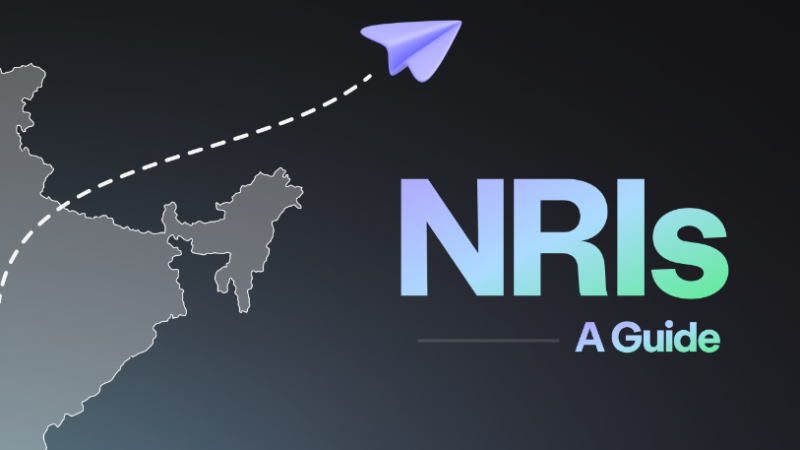The Evolution of “Hit Me Up”: Unraveling the Intricacies of a Modern Slang

Language is a dynamic entity, constantly evolving to reflect the ever-changing cultural landscape. One such phrase that has gained popularity in recent years is “hit me up.” This colloquial expression has transcended its literal meaning, taking on various nuances and connotations. In this article, we will delve into the origins, evolution, and diverse interpretations of the phrase “hit me up.”
Origins and Literal Meaning:
The roots of “hit me up” can be traced back to informal communication within various communities, notably in African American Vernacular English (AAVE). Originally, the phrase had a literal connotation, often used to request someone to physically hit or tap them. Over time, however, its meaning has morphed into something entirely different, reflecting the adaptability of language in contemporary society.
Evolution in the Digital Age:
With the advent of technology and the widespread use of mobile phones and social media, “hit me up” has transitioned into a digital era colloquialism. The phrase now commonly implies a call to action, encouraging others to get in touch or contact the speaker. It has become a versatile expression used in a variety of contexts, from making plans to catching up with friends.
Social Dynamics and Casual Communication:
In the realm of social dynamics, “hit me up” has become a tool for casual and laid-back communication. Its informality suggests a lack of pressure or formality, making it suitable for interactions among friends, acquaintances, or even in professional settings where a relaxed tone is appropriate.
Flexibility in Interpretation:
One of the intriguing aspects of “hit me up” is its flexibility in interpretation. Depending on the context and the relationship between individuals, the phrase can carry different meanings. It may signify a desire for a simple conversation, an invitation to make plans, or a call for assistance. The open-ended nature of the expression allows it to adapt to a wide array of situations.
Cultural Influence and Popularity:
The phrase “hit me up” has permeated various cultural spheres, finding its way into music, movies, and everyday conversations. Its usage has become a cultural identifier, particularly among younger generations who embrace and contribute to the constant evolution of slang. Artists often incorporate it into lyrics, further solidifying its place in contemporary language.
Regional Variations:
Just as language evolves, it also varies regionally. The interpretation and usage of “hit me up” may differ based on geographical location and cultural influences. In some regions, the phrase might carry a more casual and friendly connotation, while in others, it could be perceived as a straightforward invitation to connect.
Social Media Impact:
The rise of social media platforms has significantly contributed to the widespread use of “hit me up.” The ease of communication through messaging apps, comments, and direct messages has made it a go-to phrase for extending invitations, expressing interest, or initiating conversations online. The phrase has become a virtual door, inviting others to engage in a digital dialogue.
Professional and Casual Contexts:
Interestingly, “hit me up” has found its place not only in casual conversations but also in professional settings. The informal yet inviting tone of the phrase can be used in business contexts to suggest collaboration, networking, or seeking opportunities. Its adaptability allows it to straddle the line between casual and formal communication.
Conclusion:
The journey of “hit me up” from its literal origins to its current multifaceted usage exemplifies the dynamic nature of language. As society continues to evolve, so too will the phrases and expressions that shape our daily interactions. “Hit me up” stands as a testament to the malleability of language, reflecting the ever-changing landscape of communication in the modern era. So, the next time someone says, “Hit me up,” remember that it’s not just an invitation to connect but a linguistic phenomenon that encapsulates the spirit of contemporary communication.
1. What does “hit me up” mean?
“Hit me up” is a colloquial slang term that originated in informal communication, particularly in African American Vernacular English. Over time, its meaning has evolved. Originally literal, it now commonly implies a call to action, encouraging someone to get in touch or contact the speaker.
2. How did the phrase originate?
The origins of “hit me up” can be traced back to its literal meaning, where it was used to request a physical hit or tap. However, with the rise of technology and social media, the phrase transitioned into a digital-era expression, taking on the meaning of encouraging someone to contact or connect.
3. Is “hit me up” used in a specific context?
While “hit me up” is versatile and can be used in various contexts, it is often employed in casual and laid-back communication. It can suggest a desire for conversation, an invitation to make plans, or a call for assistance. The flexibility of interpretation allows it to adapt to different situations.
4. How has the phrase evolved in the digital age?
In the digital age, “hit me up” has become a common expression in text messages, social media, and online communication. It serves as an informal way to invite others to reach out, connect, or respond, making it a prevalent phrase in contemporary digital interactions.
5. Does the phrase have cultural influences?
Yes, “hit me up” has permeated various cultural spheres and is commonly used in music, movies, and everyday conversations. Its popularity has grown, particularly among younger generations, contributing to its status as a cultural identifier.
6. Does the interpretation of “hit me up” vary regionally?
Yes, the interpretation and usage of the phrase can vary based on geographical location and cultural influences. In some regions, it may be perceived as more casual and friendly, while in others, it could be seen as a straightforward invitation to connect.
7. How is “hit me up” used on social media?
On social media platforms, “hit me up” is often used in comments, direct messages, or private chats to initiate conversations or express interest. Its ease of use and informal tone make it a popular choice for extending invitations and connecting with others online.
8. Can “hit me up” be used in professional contexts?
Surprisingly, yes. The informal yet inviting tone of “hit me up” allows it to be used in professional settings, suggesting collaboration, networking, or expressing interest in opportunities. Its adaptability enables it to straddle the line between casual and formal communication.
9. Are there any regional variations in the use of “hit me up”?
Yes, just like many slang terms, there can be regional variations in the interpretation and usage of “hit me up.” Cultural influences and local language trends can shape how the phrase is perceived in different areas.
10. How does “hit me up” contribute to the evolving nature of language?
“Hit me up” serves as an example of language evolution. Its journey from a literal meaning to a versatile and widely used expression showcases how language adapts to societal changes, technological advancements, and cultural shifts, reflecting the dynamic nature of communication in the modern era.






